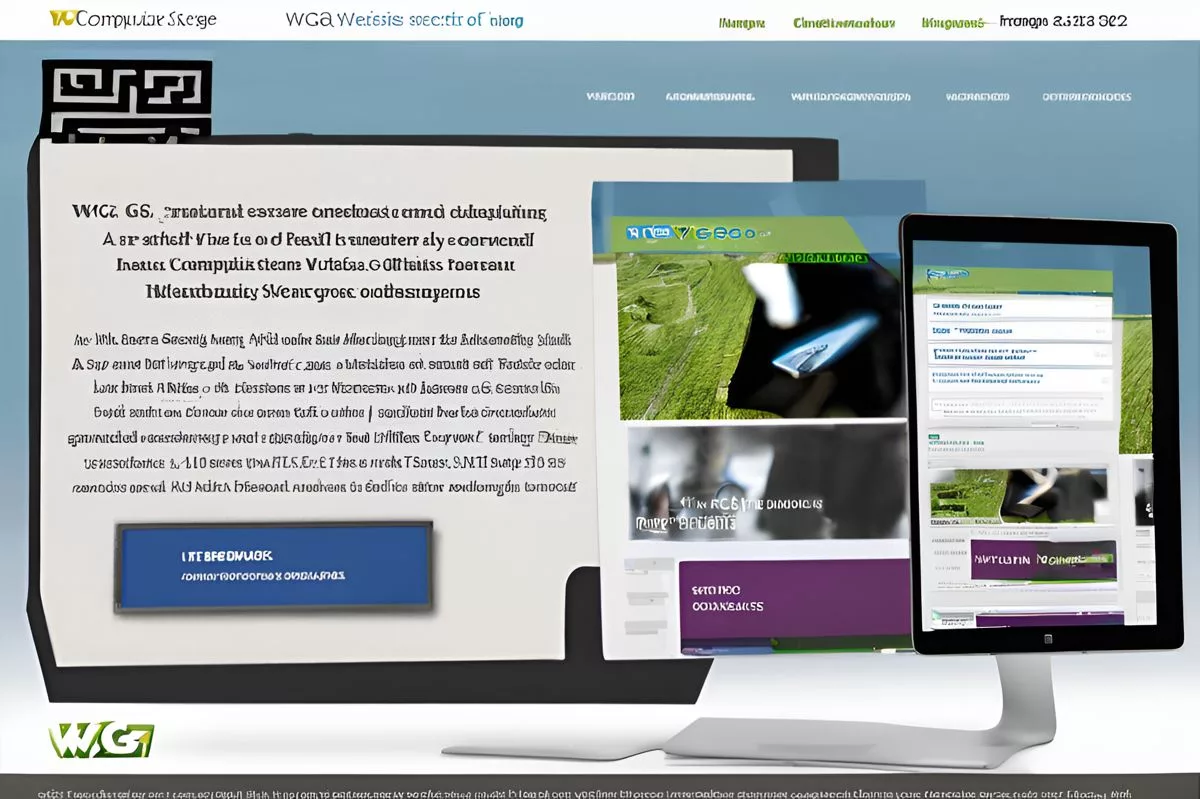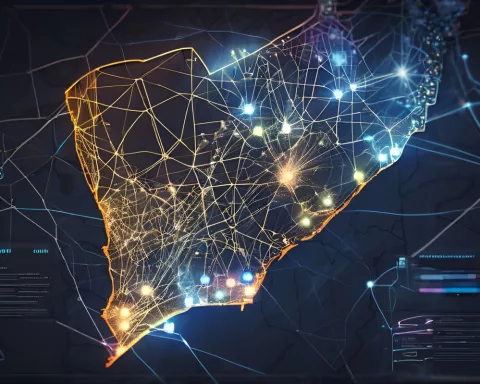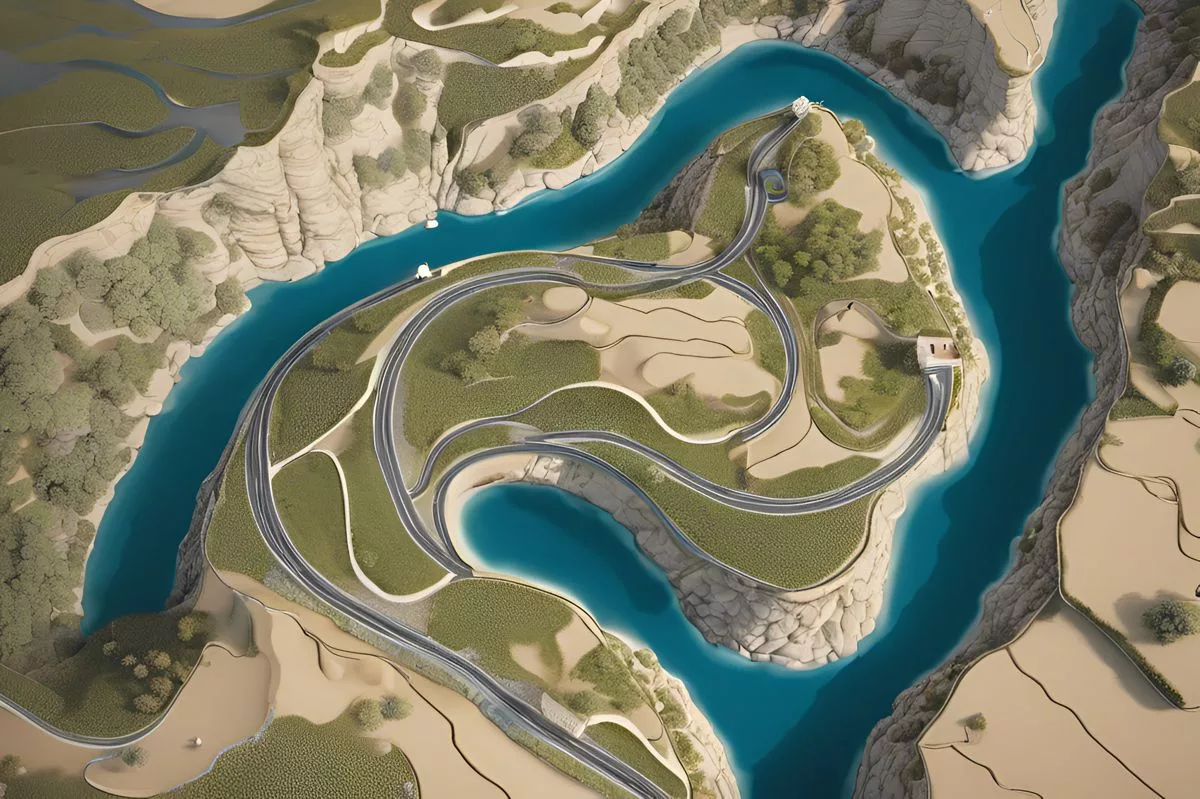The Western Cape Government has won the Public Service Innovation Award at the United Nations Public Service Forum for its Citizen-Centric Digital Transformation project. The project aims to improve the living standards of citizens through the use of digital technology and has been successful in creating a citizen-focused digital infrastructure and eliminating the digital divide. The WCG plans to continue to build on its digital infrastructure to further improve public services.
The Western Cape Government’s Citizen-Centric Digital Transformation project has earned the prestigious Public Service Innovation Award at the United Nations Public Service Forum. The project aims to harness digital technology to enhance living standards and improve government services. The WCG’s digital overhaul was a communal endeavour and has been credited for eliminating the digital divide and creating a citizen-focused digital infrastructure. The WCG vows to keep capitalizing on its digital infrastructure to further amplify public services.
In the sphere of public administration, innovation is a crucial stepping-stone towards progress, paving the way for enhanced efficiency and accessibility. The Western Cape Government (WCG) solidly embodies this principle, recently earning the prestigious Public Service Innovation Award at the United Nations Public Service Forum. This noteworthy acknowledgement was amidst fierce competition, as WCG stood distinguished among 400 contenders from 70 nations globally.
Acclaimed for Citizen-centric Digital Transformation
This highly regarded award, conferred in Incheon, South Korea, applauded the WCG’s venture into ‘Citizen-centric Digital Transformation‘. This project aims to harness the power of digital technology to amplify the living standards of its citizens, primarily, the 70% of the Western Cape’s susceptible populace.
Alan Winde, the Western Cape Premier, emphasized the mutual dependency of innovation and public sector, advocating that it is vital for progressive service refinement. “Our government has always strived diligently to foster and encourage innovation, a core value we greatly respect,” he expressed.
However, innovation isn’t solely about triumph; it also demands a disposition to embrace risks and learn from setbacks. Winde accentuates this argument, pronouncing, “you cannot achieve success if you’re not prepared to attempt, fail, attempt again and eventually attain victory.” This guiding principle has navigated the WCG towards achieving distinction in public service, culminating in a competent and reactive administration.
Colossal Collective Effort
The WCG’s digital overhaul was a communal endeavour, masterminded by the Department of the Premier’s Centre for e-Innovation (Ce-I). The squad, spearheaded by Deputy Director-General Hilton Arendse, Acting Chief Director Aneesa Basha, and Director Marc Cloete, has played an influential part in this pursuit.
Arendse credits the project’s triumph to the dedication and expertise of the 400+ Ce-I team members, who collaborated across multiple departments. “Our region’s political and administrative executive leadership have nurtured an environment of innovation that permitted us to responsibly probe and execute innovative solutions,” Arendse commented.
The Citizen-centric Digital Transformation Plan, a vital programme of the WCG, is centred on enhancing residents’ lives via digital technology. As per Winde, this digital transition has vastly improved the accessibility and quality of government services.
Bridging the Digital Divide
A vital component of the WCG’s digital transformation is its infrastructure projects, which have been significant in eliminating the digital gap. This has guaranteed access to essential services for all residents, irrespective of their socioeconomic circumstances. Cloete highlights the significance of the province’s investments in high-speed network connectivity and large-scale cloud migration, defining them as the founding stones of the digital transformation journey.
Echoing Winde’s viewpoints, Basha emphasizes that the transition from internal solutions to citizen-focused ones has yielded considerable value to the residents. “This honour calls for widespread celebration across the province, as it underscores the substantial strides we have made and the promising future that lies ahead,” Basha added.
A Continuing Commitment
Backed by its 90,000 personnel, the WCG vows to keep capitalizing on its solid digital infrastructure to further amplify public services. As Winde fittingly concluded, “Thank you for all your efforts for the people of the Western Cape,” addressing the committed WCG team working tirelessly behind the scenes.
In summary, the Western Cape Government’s steadfast dedication to a citizen-centric digital transformation has created a noteworthy paradigm for public service, raising new benchmarks for efficiency and accessibility.
What is the Western Cape Government’s Citizen-Centric Digital Transformation project?
The Citizen-Centric Digital Transformation project aims to improve the living standards of citizens through the use of digital technology and has been successful in creating a citizen-focused digital infrastructure and eliminating the digital divide.
What award has the Western Cape Government won for its digital transformation project?
The Western Cape Government has won the Public Service Innovation Award at the United Nations Public Service Forum for its Citizen-Centric Digital Transformation project.
How has the Western Cape Government’s digital transformation project benefited its citizens?
The project has vastly improved the accessibility and quality of government services for all residents, irrespective of their socioeconomic circumstances.
What is the Department of the Premier’s Centre for e-Innovation (Ce-I) and what role did it play in the project?
The Ce-I is the department responsible for the digital transformation project, and it spearheaded the project, collaborating across multiple departments to achieve its goals.
What infrastructure projects have been significant in eliminating the digital divide in the Western Cape?
The Western Cape Government invested in high-speed network connectivity and large-scale cloud migration, which have been significant in eliminating the digital divide.
What is the Western Cape Government’s plan for the future of its digital infrastructure?
Backed by its 90,000 personnel, the WCG plans to continue building on its digital infrastructure to further improve public services and enhance the living standards of citizens.












